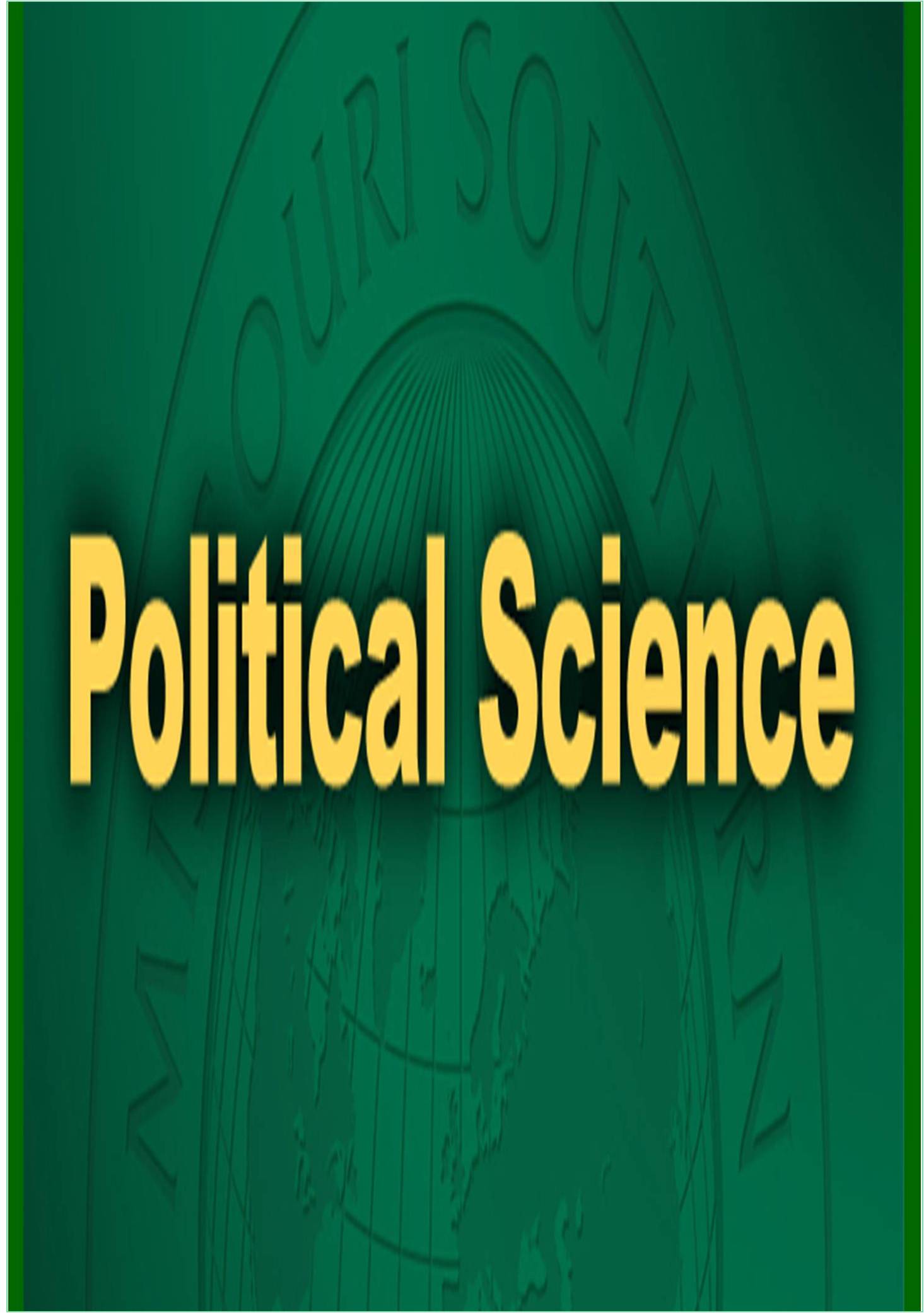



Received: 21-Jul-2022, Manuscript No. GJPSET-22-71957; Editor assigned: 25-Jul-2022, Pre QC No. GJPSET-22-71957 (PQ); Reviewed: 08-Aug-2022, QC No. GJPSET-22-71957; Revised: 16-Aug-2022, Manuscript No. GJPSET-22-71957 (R); Published: 22-Aug-2022, DOI: 10.15651/GJPSET.22.3.028
Party politics on campuses has been a much-debated topic since independence. The political parties and their student wings, in general, hold the view that students of colleges and universities are adults-and enjoy, under universal adult franchise, the right to vote for candidates of their choice in parliamentary, assembly and other polls. As citizens, they have the right to belong to the political party of their choice. Based on this premise the Campus Party Politics groups want students to be given the freedom to form political organizations and function as party activists even while they are students on college and university campuses. They argue that not permitting Campus Party Politics will diminish the level of Political Knowledge, Political Efficacy and Civic Engagement level of students. The result according to them would be educational institutions, churning out apolitical citizens, whose level of Political Participation level will be low. However, an equally significant number of students, parents, academicians, and policymakers argue that Campus Party Politics must be done away with. According to them the primary function of a university is to impart knowledge and not political indoctrination. They argue that colleges and universities must focus on academics and should not turn out to be mere feeder devices for political parties. As per the direction of the honourable Supreme Court of India on 22 January 2006, the Union Ministry of Human Resource Development appointed the Lyngdoh Commission to examine the existing system of 'Campus Party Politics' and make recommendations on the students’ body and student union elections in colleges and universities. The commission submitted its report in May 2006, in the light of which, in September 2006, the Supreme Court ordered the implementation of the commission recommendations in colleges and universities. The most debated recommendation of the Lyngdoh Commission has been dissociation of student unions from political parties. In light of this many colleges have banned party politics on their campuses. Most political parties such as CPI (M) (Communist Party of India (Marxist)) and Congress have cried foul stating that banning Student Party Politics will turn campuses 'apolitical', diminishing the capacity of students to be politically and socially conscious, diminishing their capacity for political expression and participation. A decade has gone by since this landmark verdict. Several Indian States such as Kerala, Maharastra, etc have already implemented the recommendations of the Lyngdoh Commission. In the meantime, during this same decade, Social Media have emerged as a powerful tool for political communication. The present study analyzes the Social Media Usage level, Political Knowledge level, Political Efficacy level, Civic Engagement level and Political Participation level of students based on gender, political student union membership and the presence/absence of Campus Party Politics.
The study explores the relationship between variables to see the impact of Social Media Usage on Political Efficacy, Political Knowledge, Civic Engagement and Political Participation. Similarly, the impact of Political Efficacy on Political Knowledge, Civic Engagement and Political Participation, the impact of Political Knowledge on Civic Engagement and Political Participation, the impact of Civic Engagement on Political Participation, the impact of Social Media Usage, Political Knowledge, Political Efficacy and Civic Engagement together on Political Participation are assessed. The varying impacts of each of these variables on the other and its varying intensity caused by Campus Party Politics which is the moderating variable can lead to useful insights on how Political Participation can be galvanized in a democracy by working on its predictably related variables such as Campus Party Politics, Social Media Usage, Political Efficacy, Political Knowledge and Civic Engagement.